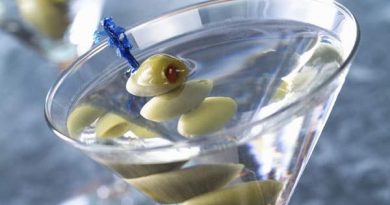Therapeutic drug renders cancer cell weapon harmless: Already approved drug could pave way to new pharmaceuticals
Many tumor cells mist themselves with a protective perfume that disables the immune system. But a drug already approved for other purposes can apparently render this weapon harmless. This is shown in a study by the University of Bonn and the University Medical Center Hamburg-Eppendorf, which has now appeared in the Journal for ImmunoTherapy of Cancer. The researchers now want to further optimize the compound. In the medium term, this could pave the way for new anti-cancer drugs.
Many cancer cells surround themselves with a dense cloud of adenosine. On the one hand, the molecule suppresses the immune system. At the same time, it stimulates the formation of new blood vessels that supply the tumor with oxygen and nutrients. It also ensures that the malignant cells migrate to other organs and form metastases there.
Adenosine is produced from adenosine triphosphate, or ATP for short. Tumor cells secrete large amounts of it. They carry various enzymes on their surface that then convert the ATP to adenosine in several steps. One of these is known as CD39. “It catalyzes the first of the conversion steps,” explains Prof. Dr. Christa Müller from the Institute of Pharmacy at the University of Bonn. “If CD39 is inhibited, hardly any adenosine is produced.”
Around the globe, pharmaceutical researchers are therefore searching for an active ingredient that slows down CD39. Because without adenosine, tumors would no longer be protected from the immune system. “Instead, ATP would accumulate around the cancer cells, which would actually stimulate the immune response,” says Müller. “So the body’s own defenses would not be suppressed; on the contrary, they would be turned on extra sharp.”
50 approved active substances scrutinized
So far, the search has been largely unsuccessful. The Bonn research group therefore pursued a new search strategy in the study: “There are other enzymes in the body than CD39 that also process ATP,” explains Laura Schäkel. The collaborator of Prof. Müller carried out many of the central experiments in the study. “These include, for example, the so-called protein kinases. The nice thing is that there are already approved drugs that inhibit protein kinases. We now looked at whether they also work against CD39.”
At the start of the study, there were a total of 50 different agents approved for certain diseases that inhibit protein kinases. The research group examined all of them. With success: “One of the substances, ceritinib, also blocks the conversion of ATP by CD39,” Schäkel is pleased to report. “We were able to show this not only in the test tube, but also in cultures with so-called triple-negative breast cancer cells. These are extremely difficult to treat — they usually hardly respond to therapies.”
Source: Read Full Article



